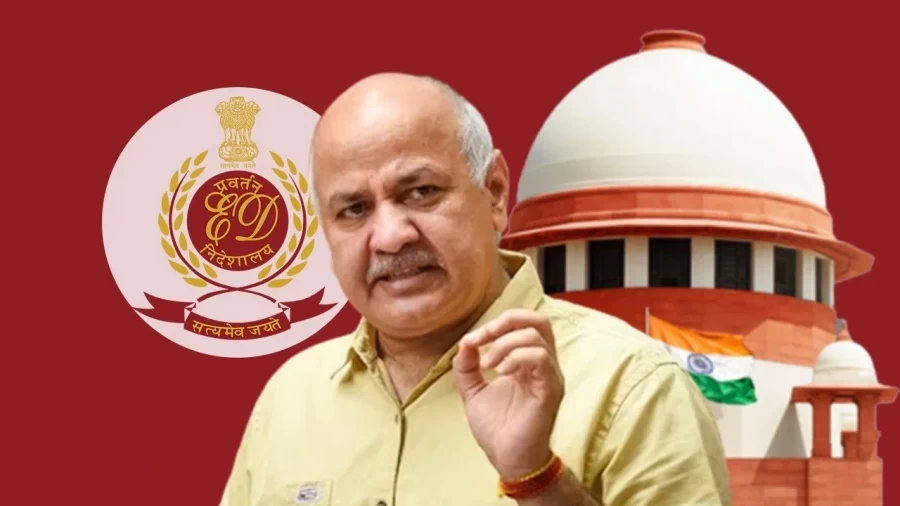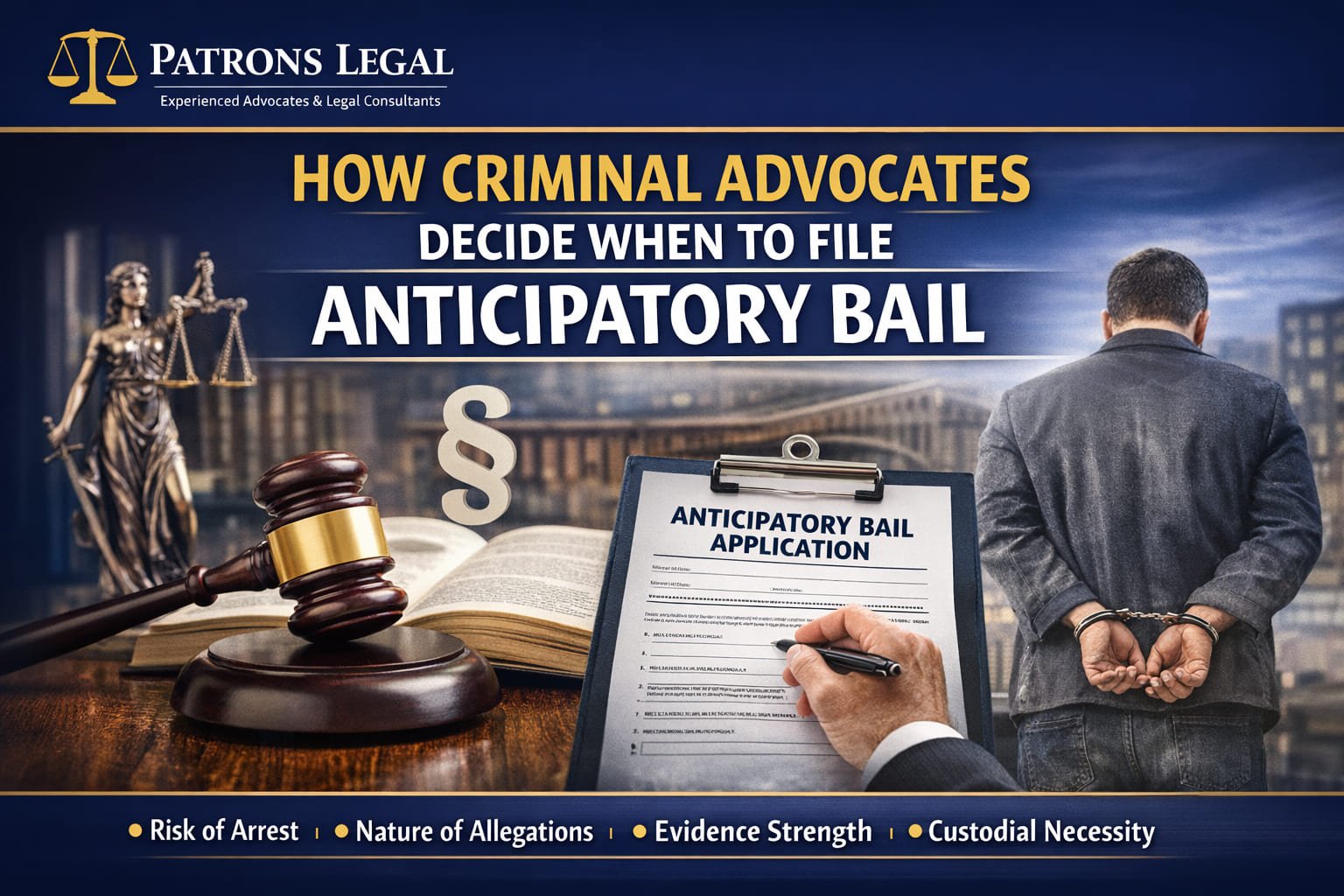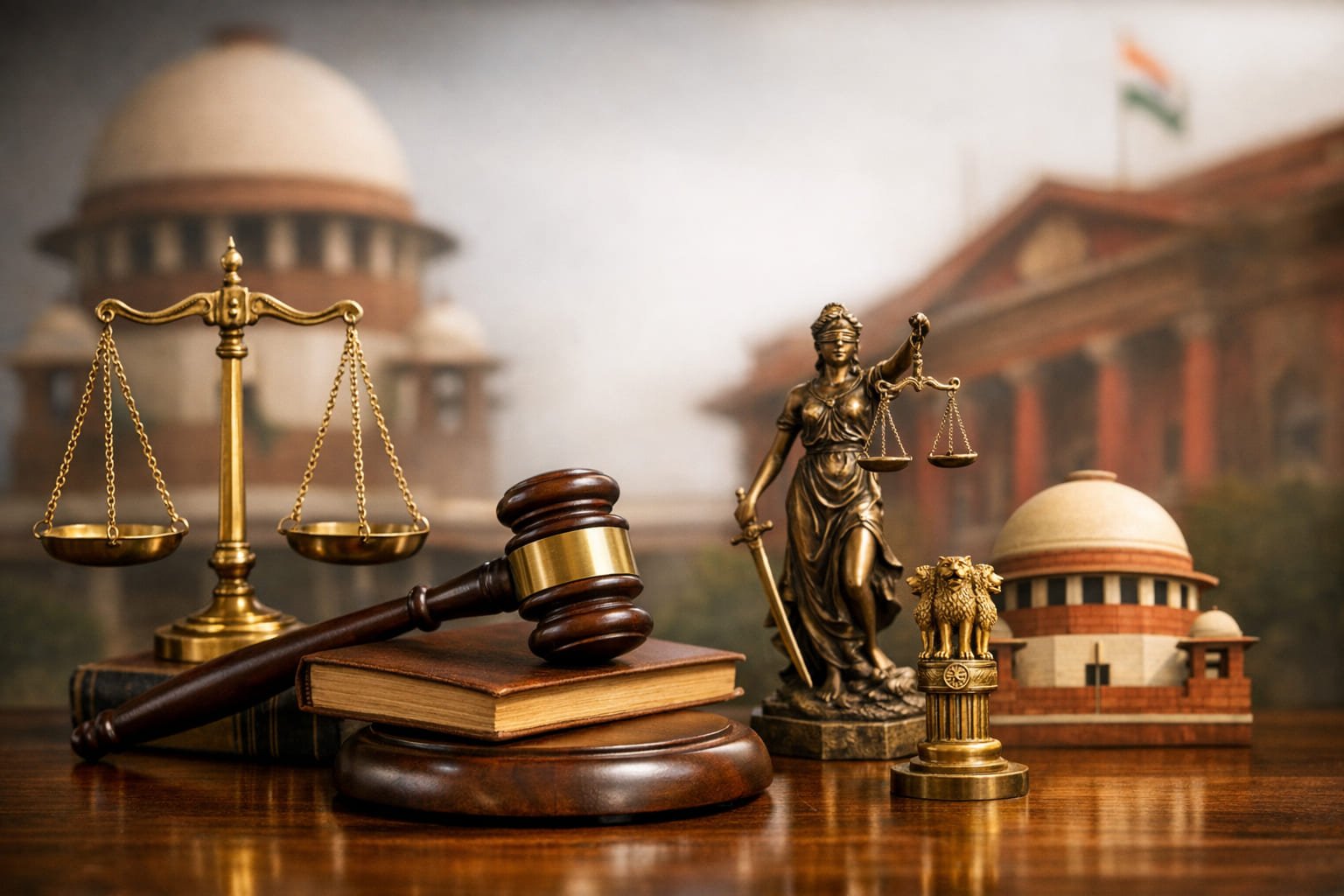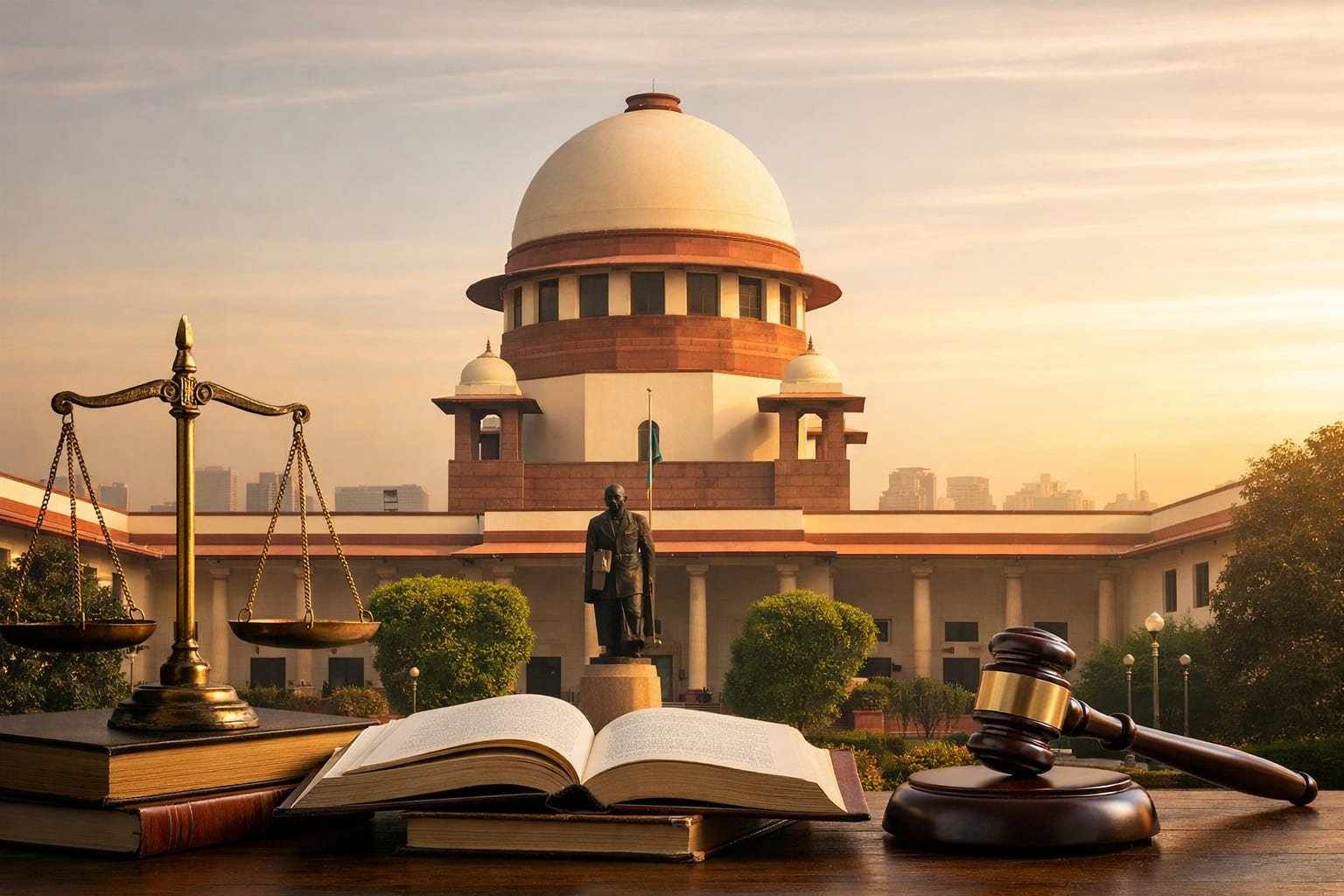The case is related to the exploitation of Delhi’s Excise Policy 2021-22 in which the accused persons left loopholes that could be exploited later. A substantial number of bribes were passed to the public servants in exchange for benefits in the liquor trade. The bribes of around 90-100 crores were paid to Mr. Vijay Nair, Mr. Manish Sisodia, and other co-accused persons in advance by people involved in the South Indian liquor business. The CBI filed its first chargesheet against 7 accused individuals after conducting some investigation under sections 120B of IPC and sections 7, 7A, and 8 of the PC Act on 25th November 2022 before the trial court. After some further investigations conducted by the CBI, Mr. Manish Sisodia was arrested on 26th February 2023. Two more chargesheets were filed against a total of 16 accused individuals before the trial court on 25th April 2023 and 8th July 2023 respectively.
The DoE alleges that the accused individuals crafted the Delhi excise policy 2021-22 in a way to generate illegal funds and made loopholes to facilitate their criminal activities. The key policy change involved an increase in wholesale profit margin from 5% to 12% of which 6% was a bribe. It is alleged that Mr. Manish Sisodia and other AAP members sought advance bribes and hence made Mr. Vijay Nair the mediator, who proposed to Ms. Kavitha and other members of the South Indian group to fund the party in exchange for profitable business opportunities. It is also alleged that Mr. Manish Sisodia received 100 crores from the South group. A special-purpose vehicle, M/s Indo Spirits was formed in which Ms. Kavitha and Mr. Raghav Magunta along with proxies Mr. Arun Pillai and Mr. Prem Manduri held a 65% partnership. M/s Indo Spirits were used to launder money, employing methods like control of the firm, excess credit notes, and overdue outstanding payments to recoup kickbacks.
The DoE filed its first prosecution complaint on 26th November 2022. Thereafter, the DoE filed 5 prosecution complaints, the 6th prosecution complaint was filed against Mr. Arvind Kejriwal. Mr. Manish Sisodia was made an accused through the 4th supplementary prosecution complaint on 4th May 2023.
The counsel representing Mr. Manish Sisodia argued that the SC in its judgment on the Manish Sisodia case dated October 30, 2023, allowed the applicant to seek regular bail from the Trial Court if the trial was significantly delayed. Following this, the applicant submitted a second regular bail application on January 27, 2024, which was subsequently dismissed on April 30, 2024. The trial Court acknowledged in its April 30, 2024, order that the trial had not commenced and found no change in circumstances. Despite the Supreme Court’s direction to grant bail if the trial was proceeding slowly, the Trial Court dismissed the bail application, incorrectly attributing the trial’s delay to the applicant. The Trial Court’s decision was based on the fact that the applicant had filed 13 applications, which the court viewed as causing delays. The counsel argued that one of the applications sought permission for the applicant to meet his ailing wife, which was granted by the Trial Court and should not be considered a delay tactic. They argued that the Supreme Court in the Manish Sisodia case emphasized the right to a speedy trial under Article 21 of the Constitution, which should be considered in bail applications under both Section 439 of C.P.C. and Section 45 of the PMLA. Despite assurances by the Directorate of Enforcement to conclude the trial within 6-8 months from October 30, 2023, the trial had not progressed. The delay was attributed to the Directorate of Enforcement’s actions, including late submissions of documents.
The counsel for DoE argued that Manish Sisodia, a former Delhi government minister, is influential and accused of severe economic crimes, which could enable him to tamper with evidence and influence witnesses, and releasing Sisodia on bail could lead to the destruction of crucial evidence. The counsel asserts that there is substantial evidence linking Sisodia to money laundering and that his release would hinder the investigation into a complex conspiracy. Manish Sisodia and his associates were involved in the destruction of the evidence by changing his phone on 22nd July 2022, the day the complaint of lt. governor to the CBI was covered on the news. The role of Manish Sisodia as summarized by the DoE was:
(i) Rejected the expert committee recommendations on making a Govt. Corporation controlled wholesale entity.
(ii) Planted emails to give a facade of public suggestions/ approval to deviate from an expert report. ―Decisions taken with the right intent seldom need a cover-up, one only layers up facts when one has something to hide.
(iii) Increased the wholesale profit margin from 5% to 12% without any rationale, discussion, and due process of decision-making.
(iv) Pressured Pernod Ricard to give its wholesale business to M/s Indo Spirits through Vijay Nair.
(v) Made sure M/s Indo Spirits was granted an L1 wholesale license despite there being various complaints of cartelisation against Sh. Sameer Mahandru (one of the partners of M/s Indo Spirits) and the same were highlighted by the then Excise Commissioner Sh. Arava Gopi Krishna to Sh. Manish Sisodia.
(vi) Sh. Manish Sisodia directed Sh. Dinesh Arora to work with Sh. Vijay Nair in this Scam, following which Sh. Dinesh Arora coordinated the transfer of advance kickbacks of Rs.31 Crore from the South Group to Sh. Vijay Nair which was then transferred and part of it was used in the election campaign of AAP in Goa through Rajesh Joshi.
(vii) Sh. Abhishek Boinpally transfers Rs.7.1 Crore bribe to the AAP leaders through Sh. Gautam Mootha for Goa elections.
(viii) Sh. Abhishek Boinpally transferred Rs. 25 Crore approx. bribe through Sh. Ashok Kaushik for the Goa elections campaign of AAP.
(ix) Amit Arora paid Rs.2.2 Crores bribe to Sh. Manish Sisodia for making changes in the policy.
The counsel argued that the proceedings are not moving slowly, and 100 applications have been filed by the applicant under section 207 of CRPC, which all disposed of. It is the no. of applications which are hurdle in these proceedings.
The bail application of Manish Sisodia was denied but he was allowed to visit his ailing wife once a week under custody as the court took notice of her condition which has deteriorated from last year.
Summary
In the high-profile case of Manish Sisodia vs. Directorate of Enforcement (ED), the Delhi Deputy Chief Minister Manish Sisodia is embroiled in a legal battle with the ED over allegations of money laundering. The case stems from investigations into purported financial irregularities and corrupt practices. Sisodia, a prominent member of the Aam Aadmi Party (AAP), has strongly denied the charges, claiming political vendetta. The ED lawyers in Delhi are pressing for a thorough investigation and stringent action, while Sisodia’s defense argues for a lack of substantial evidence. This case has significant political implications, highlighting the ongoing tussle between AAP and central authorities.








Leave a Reply